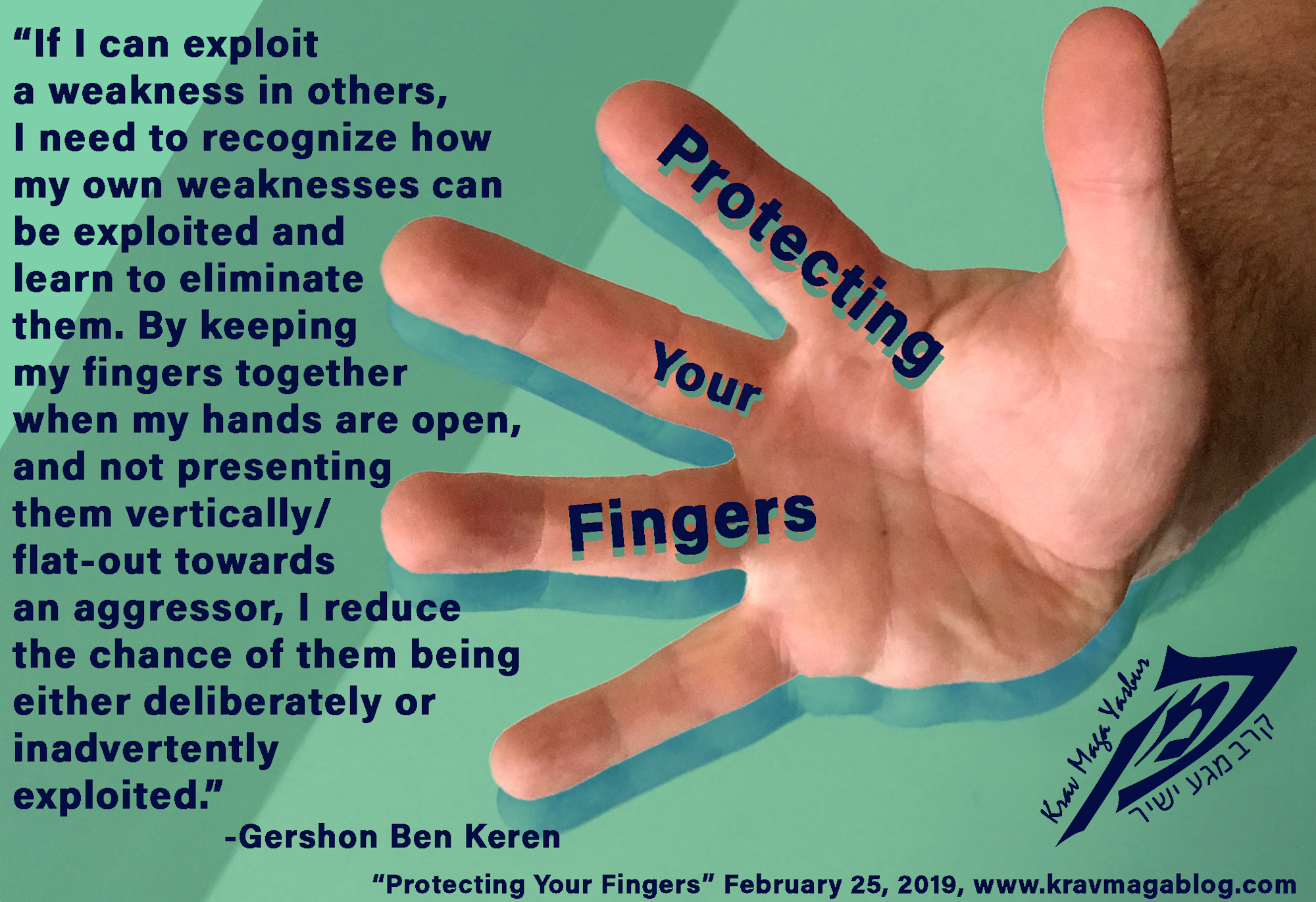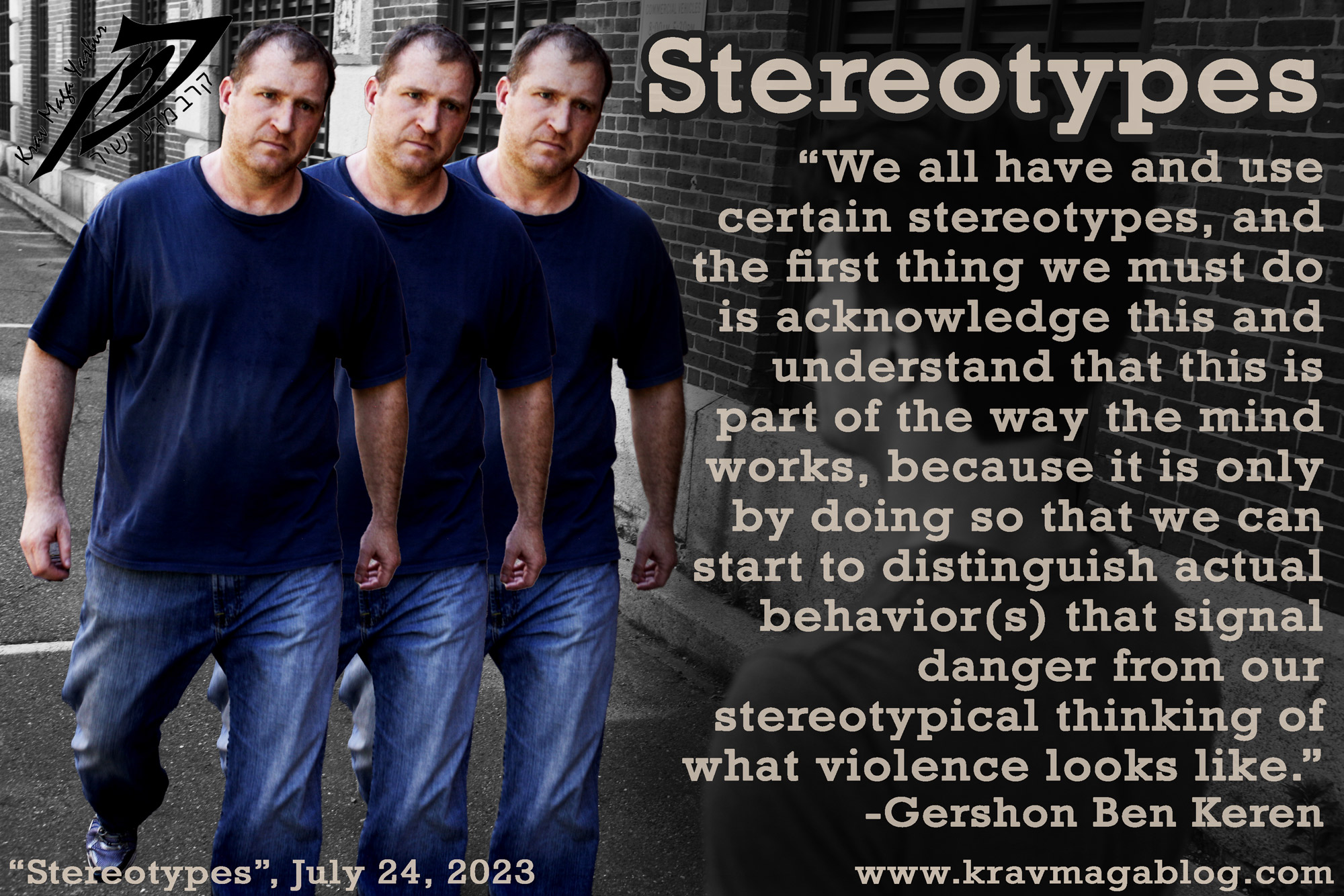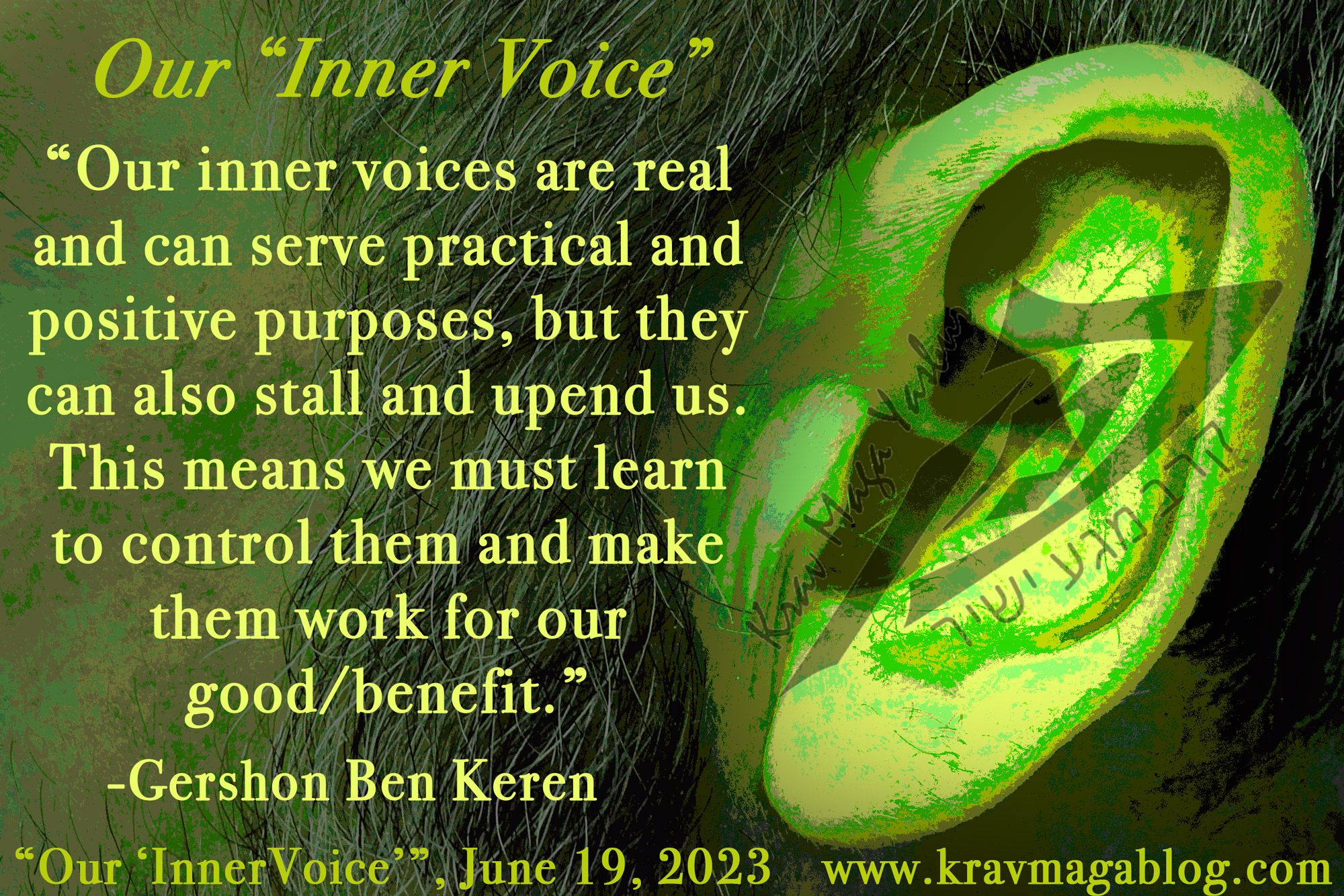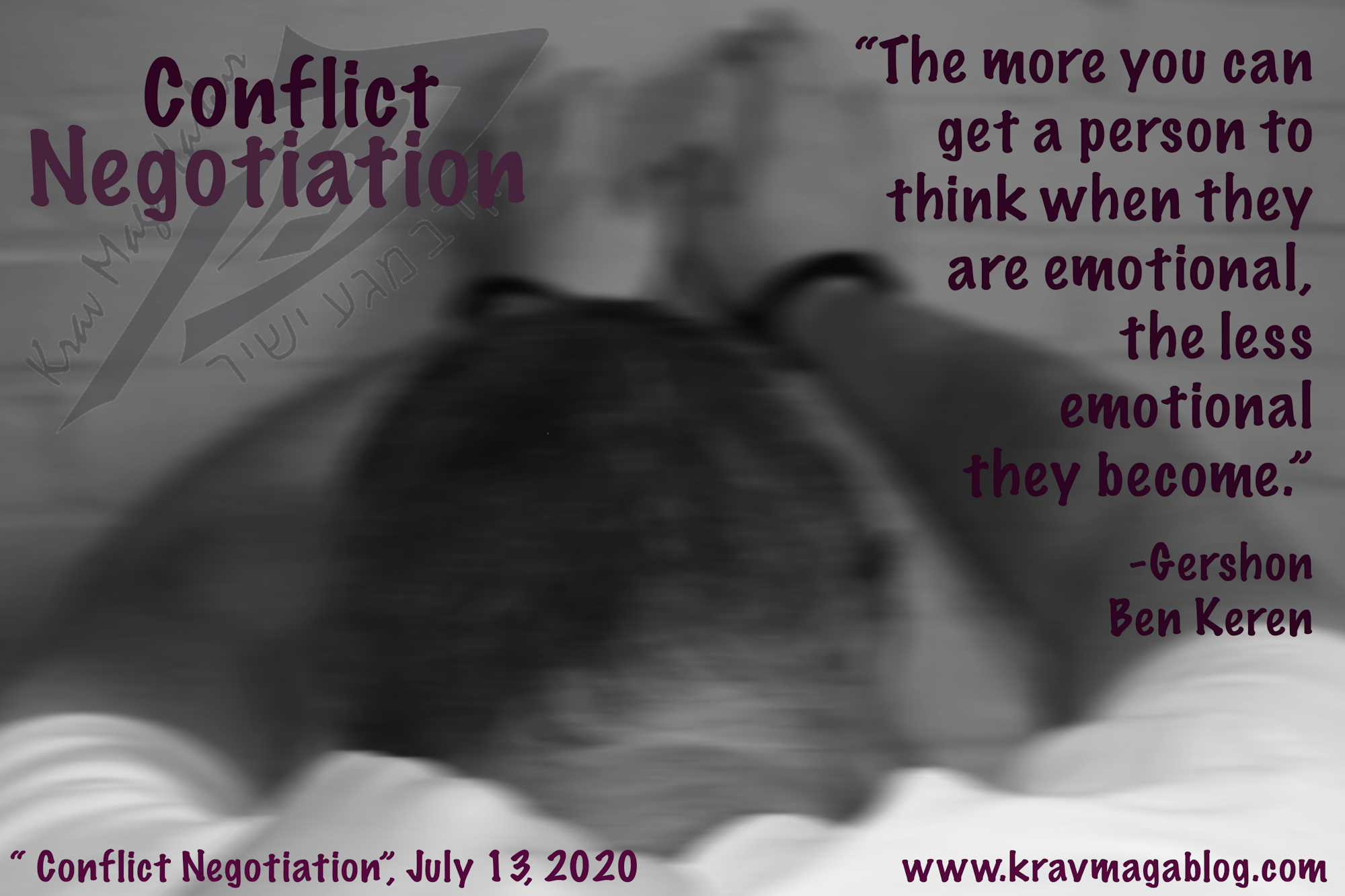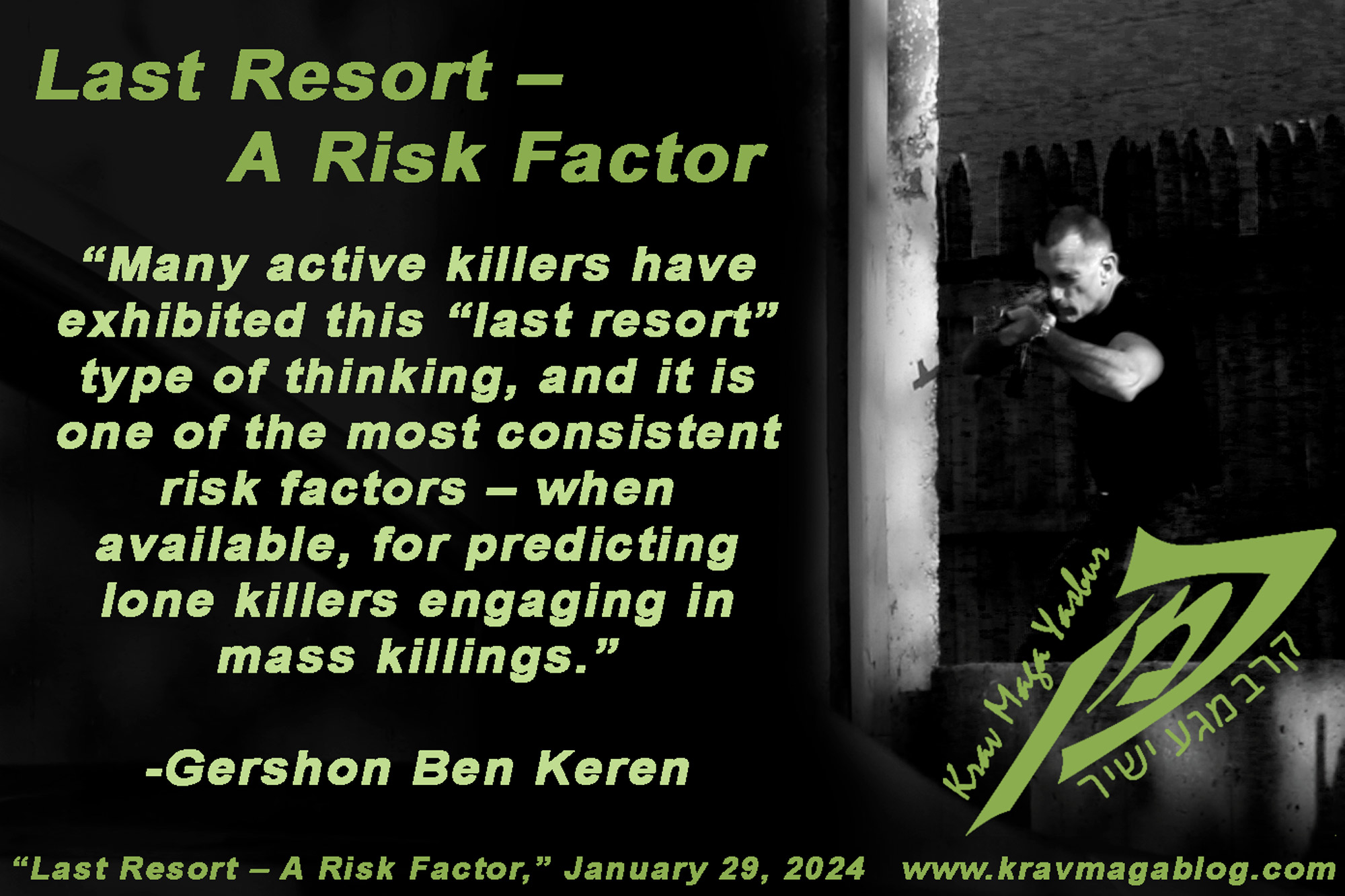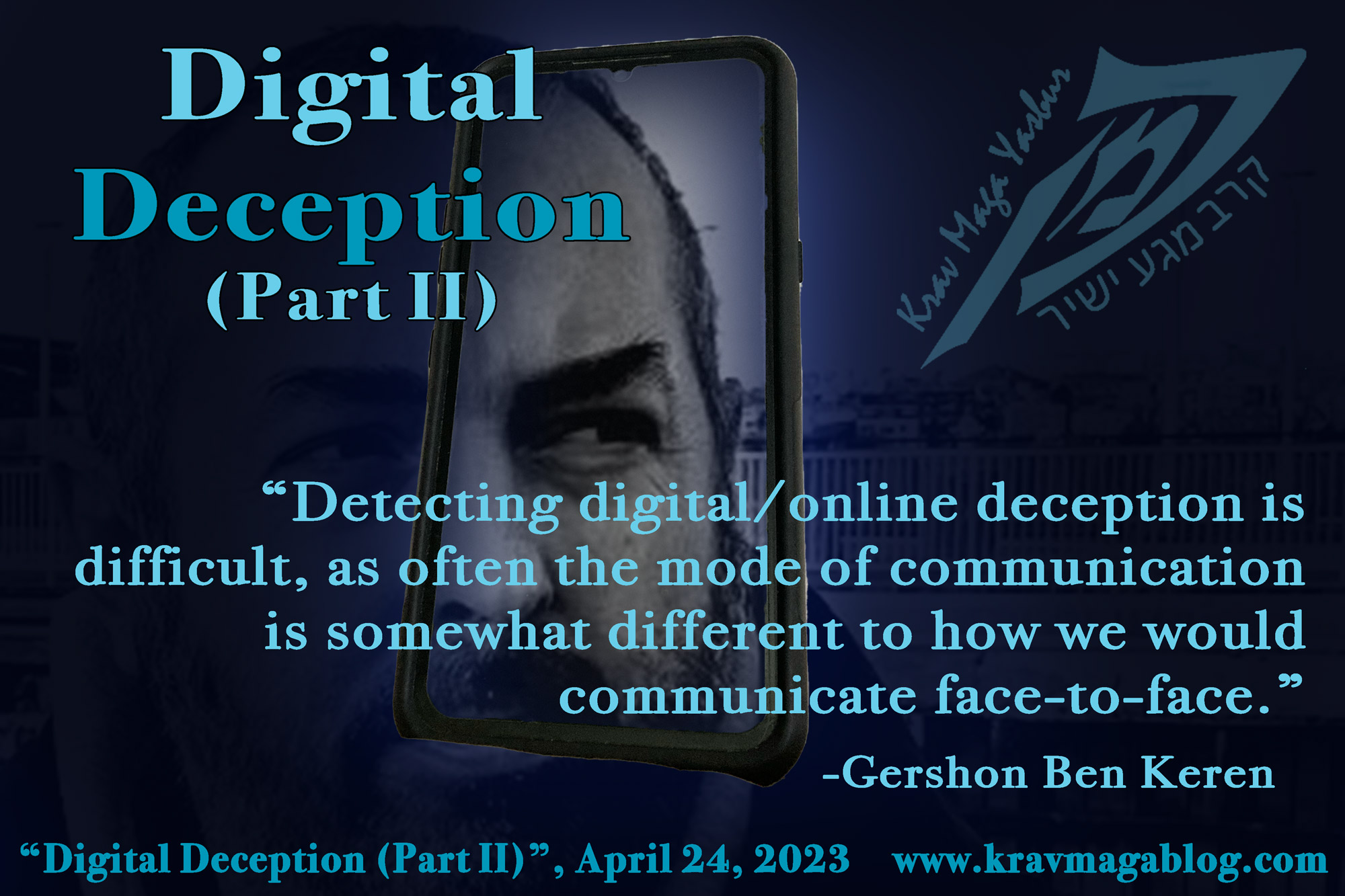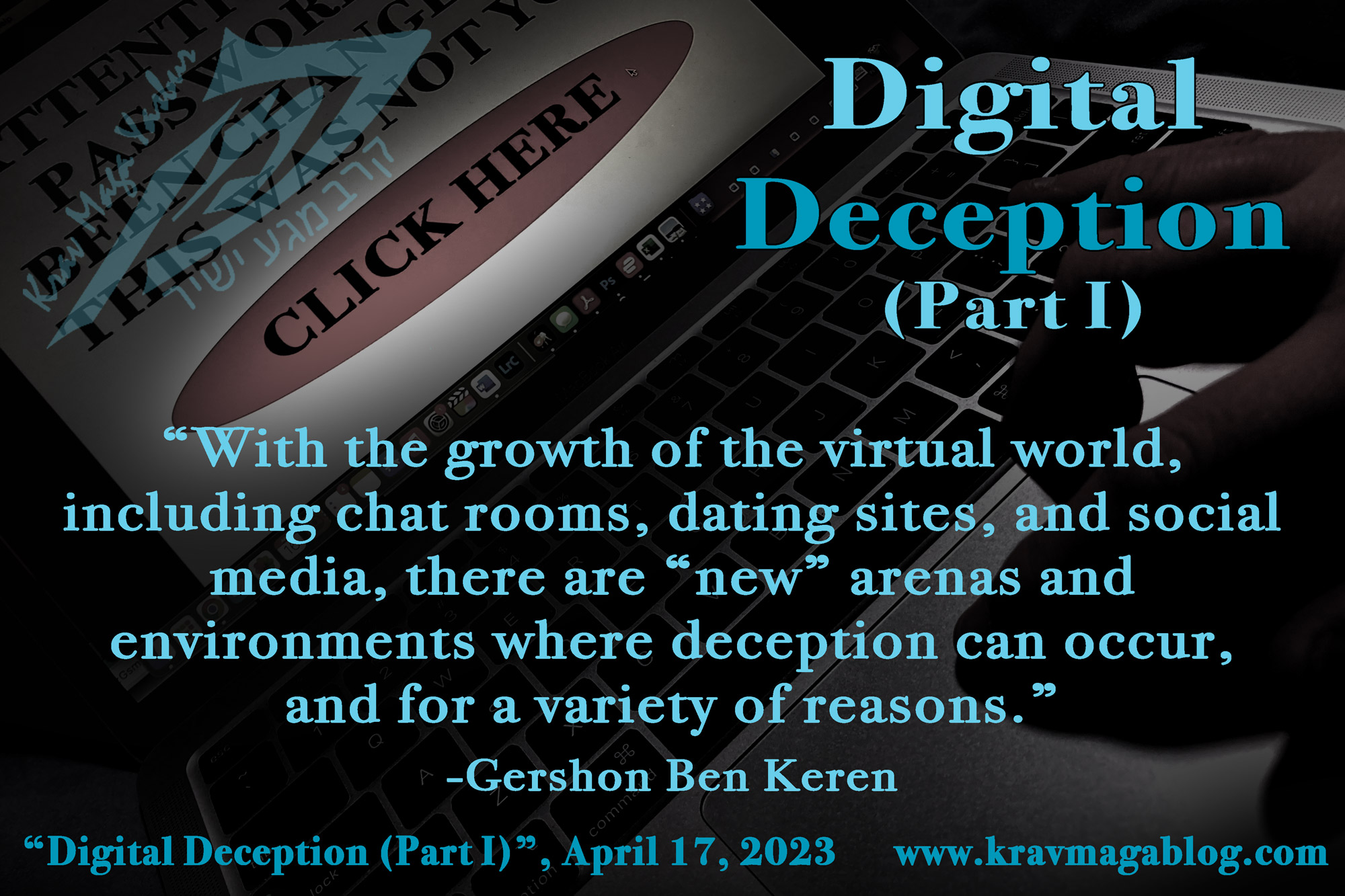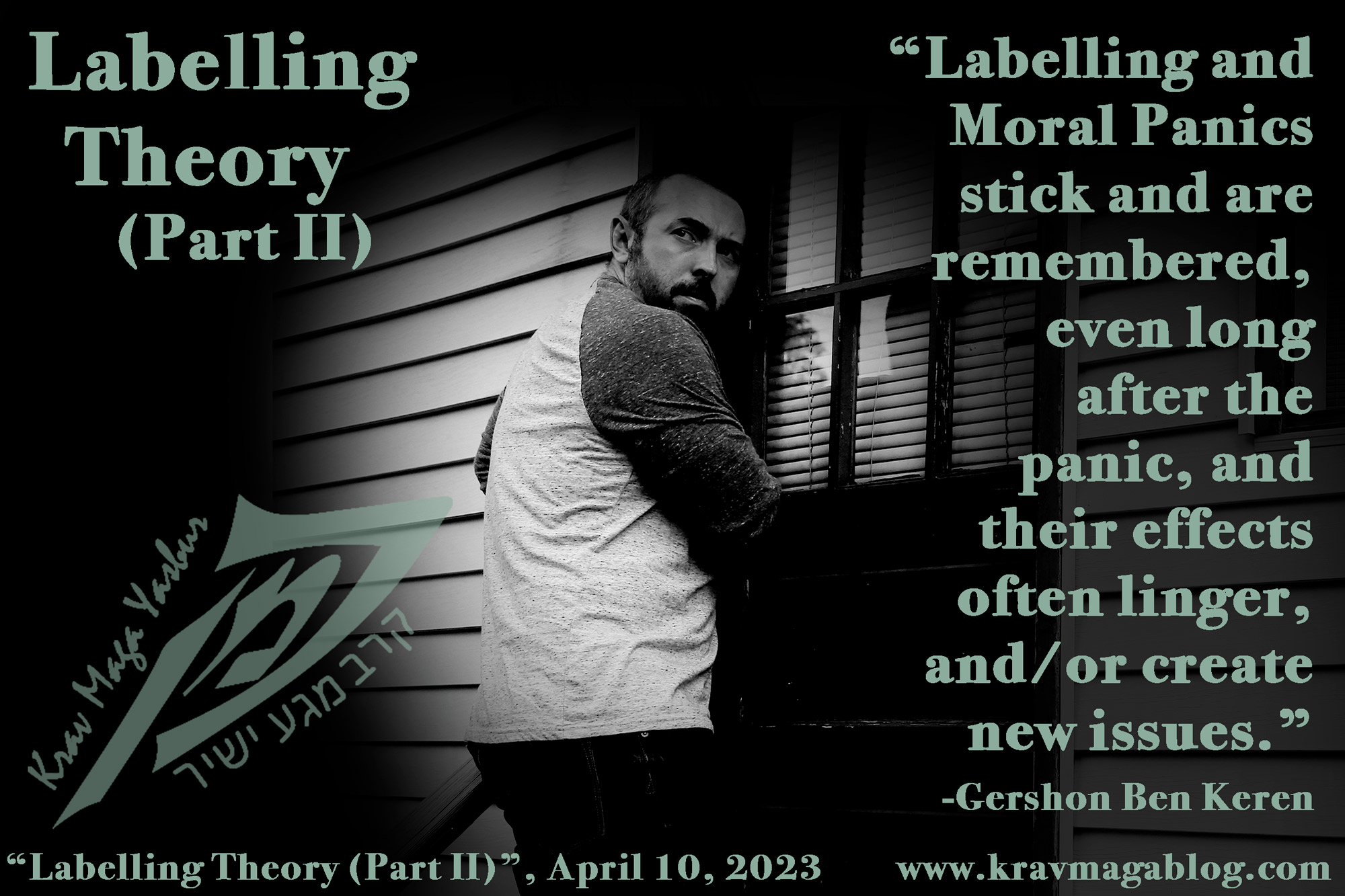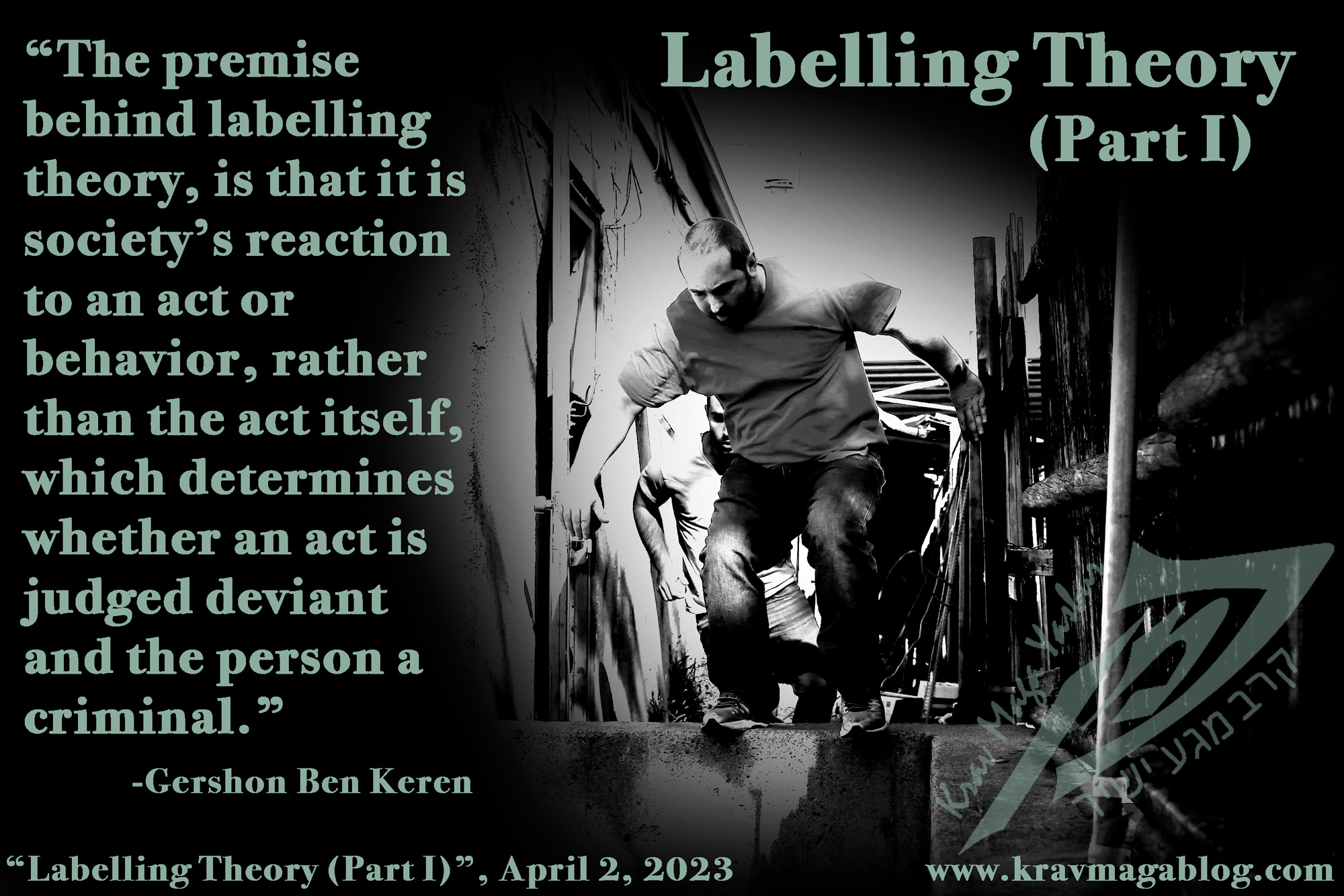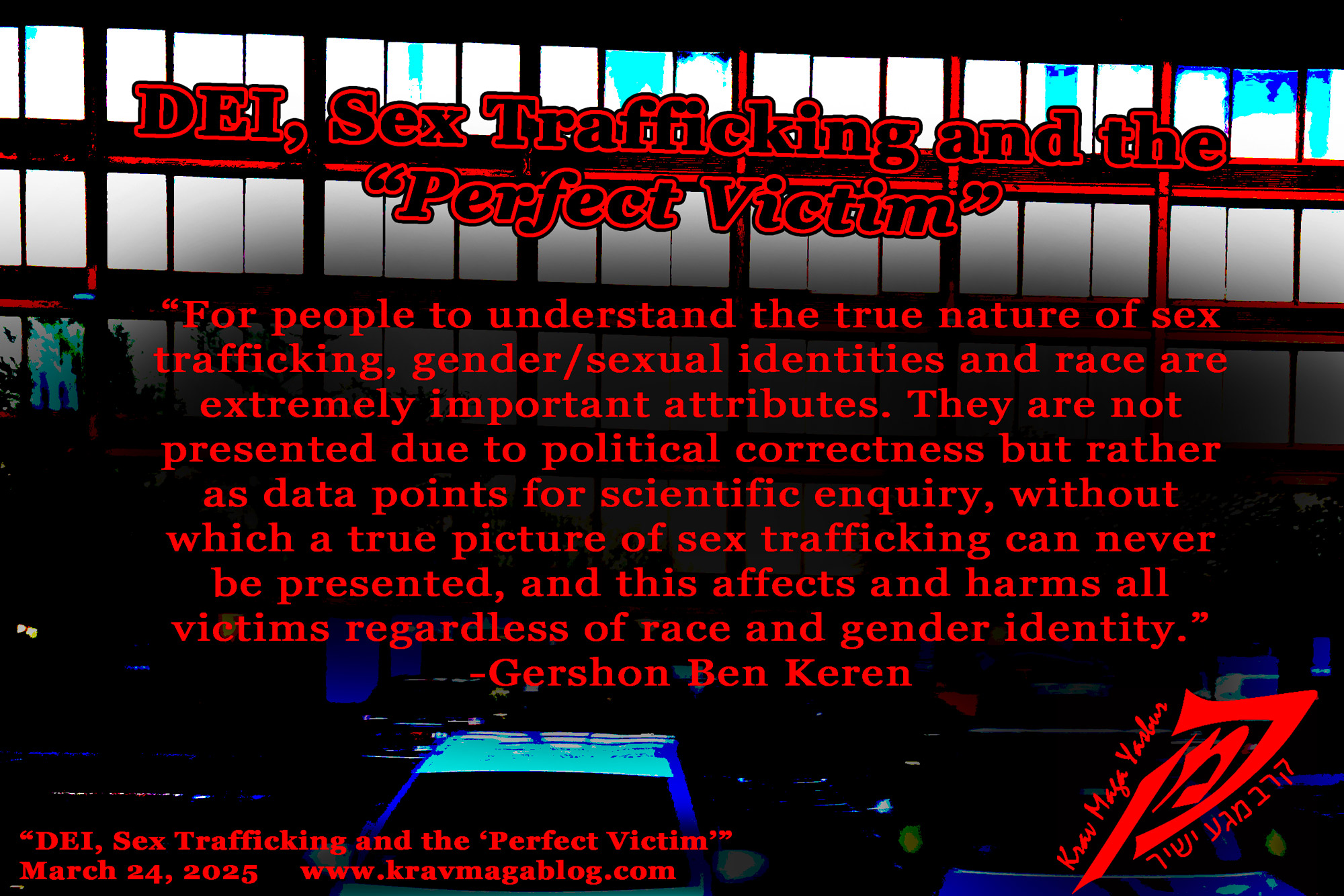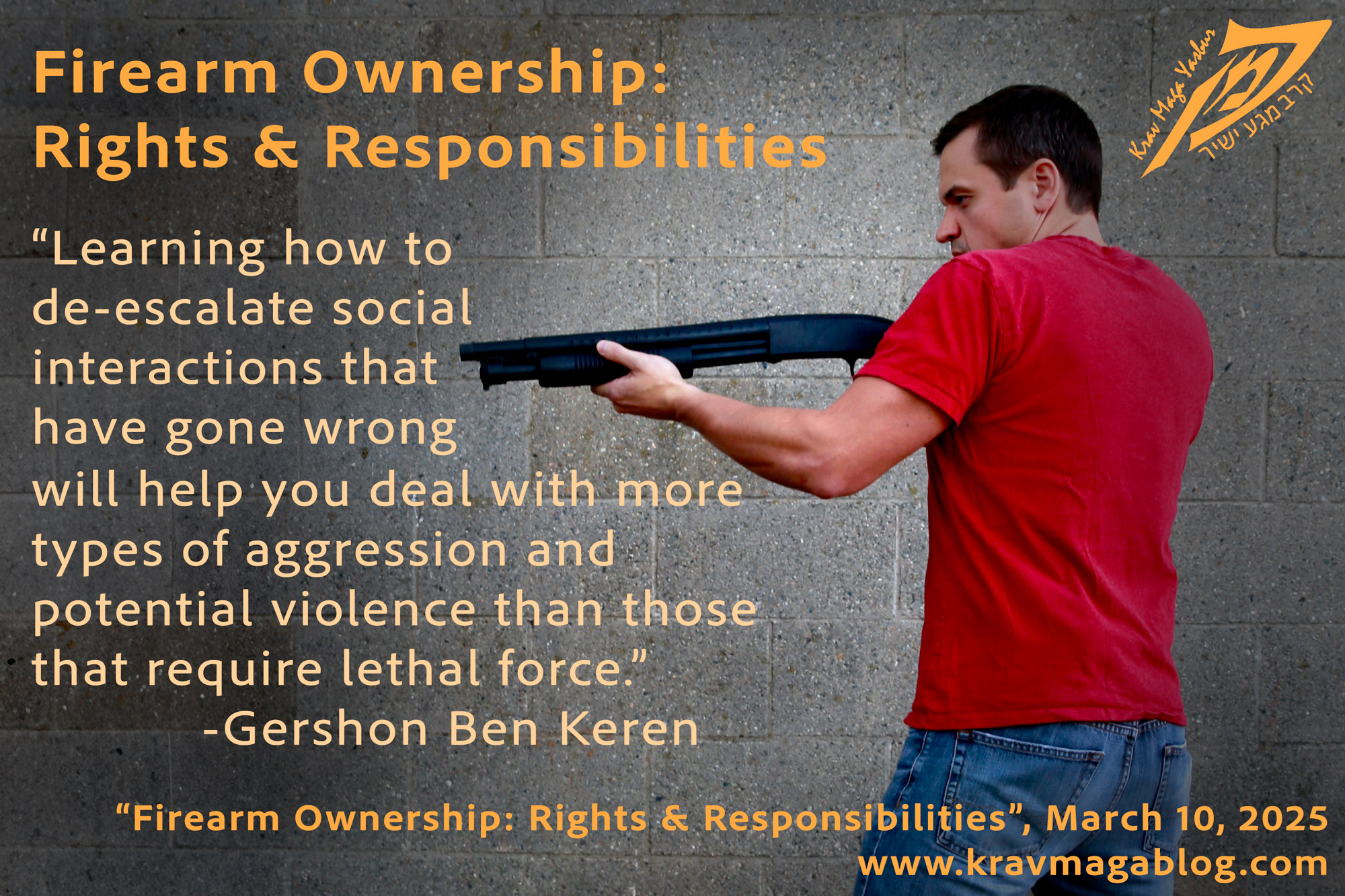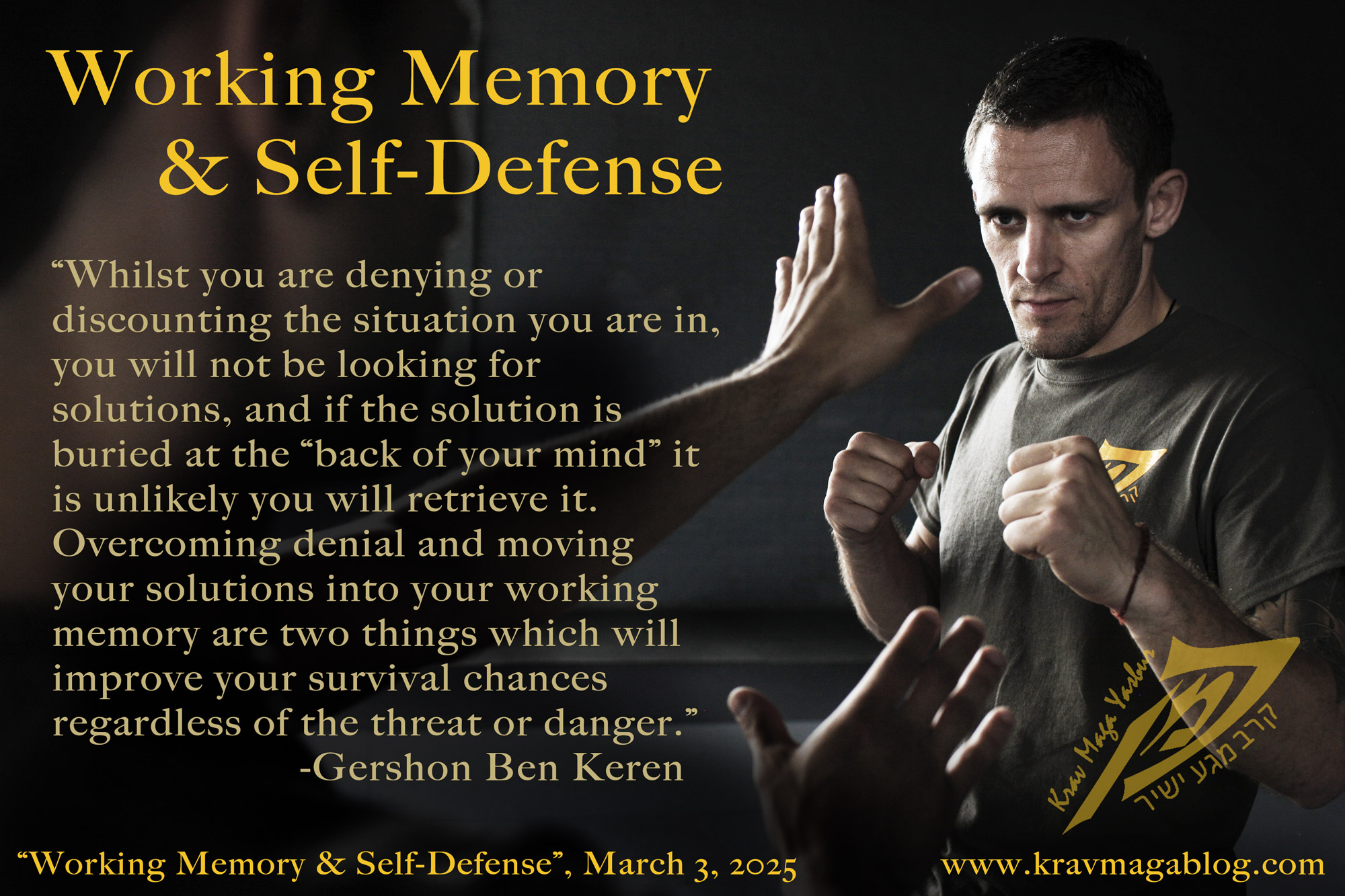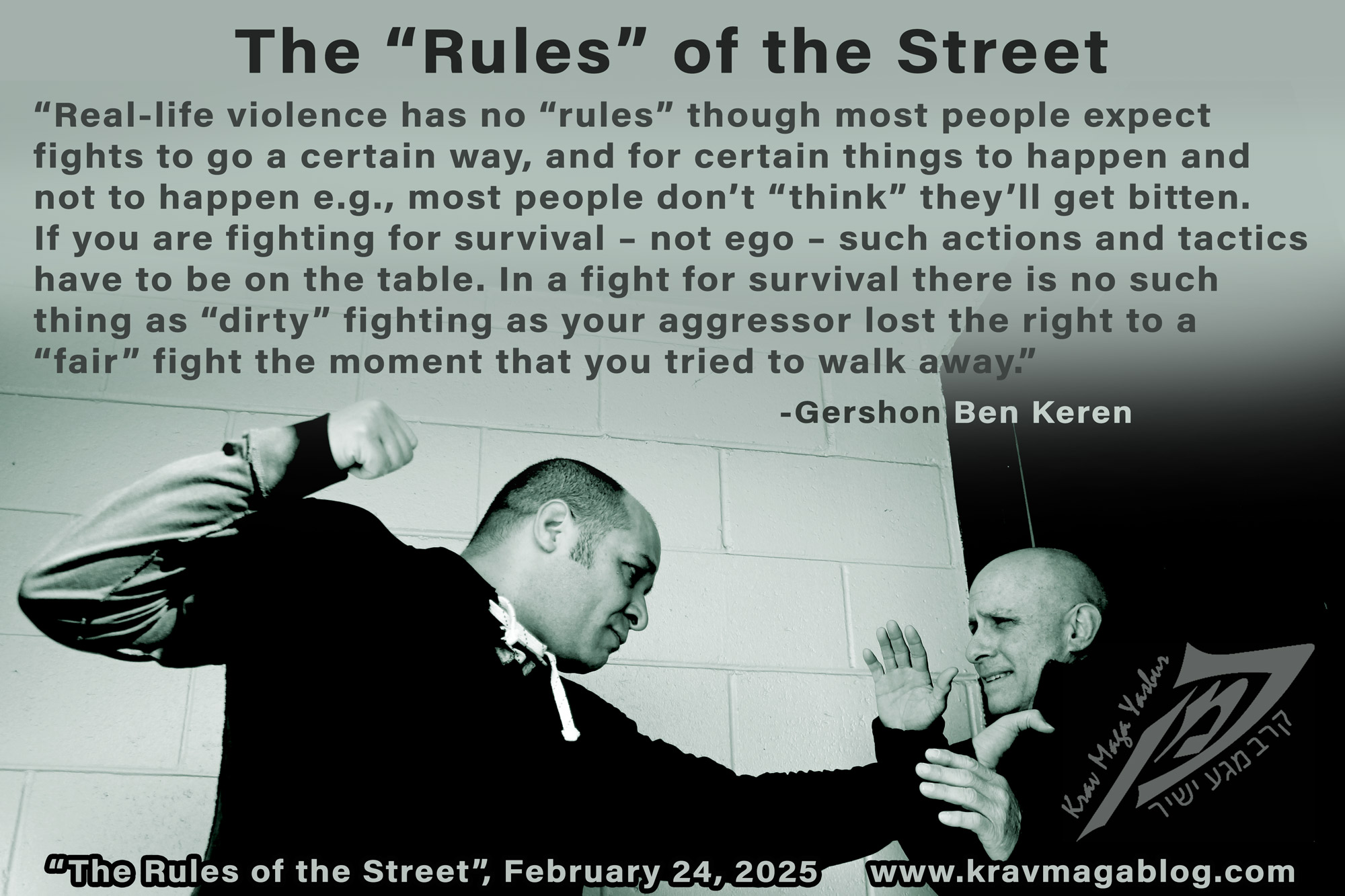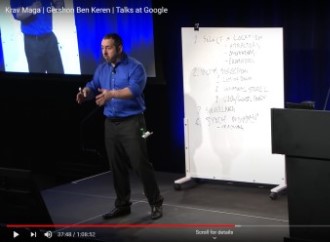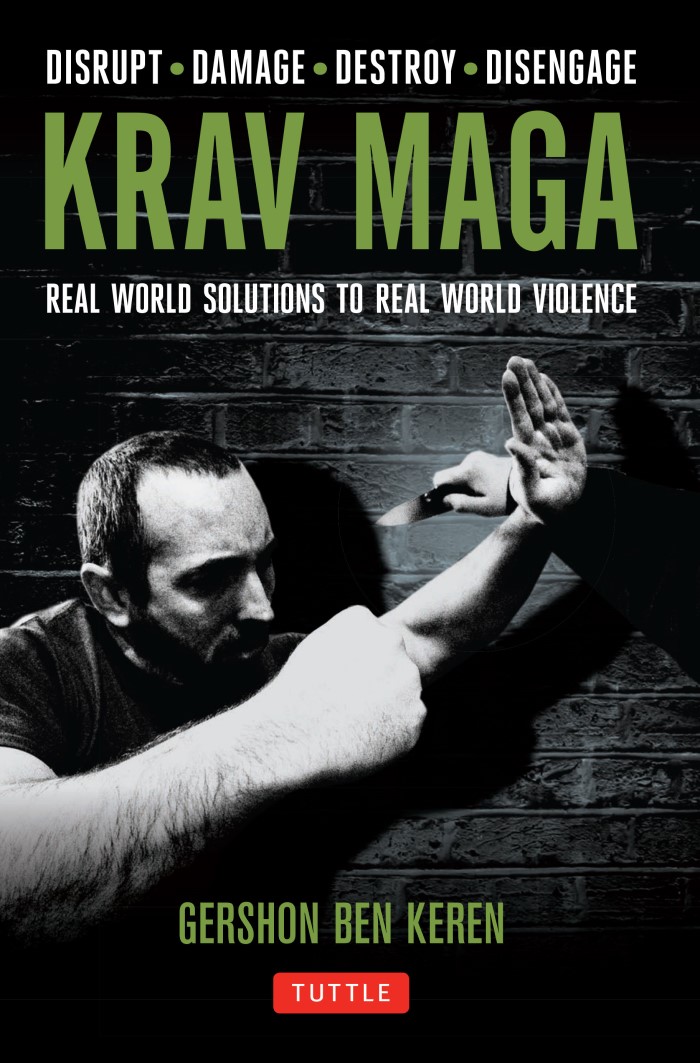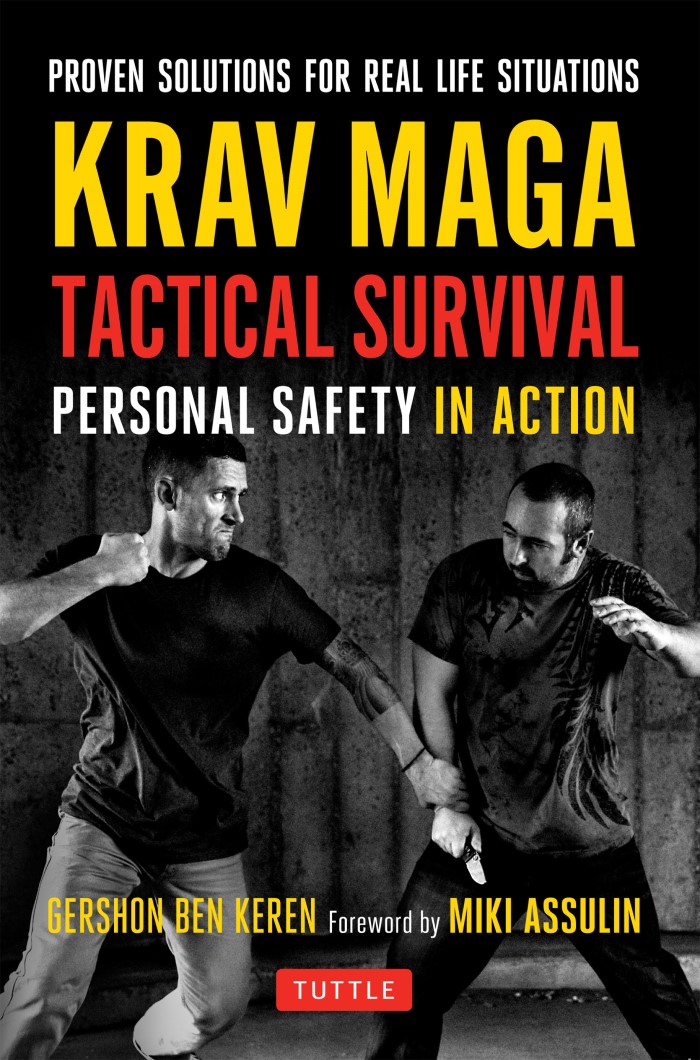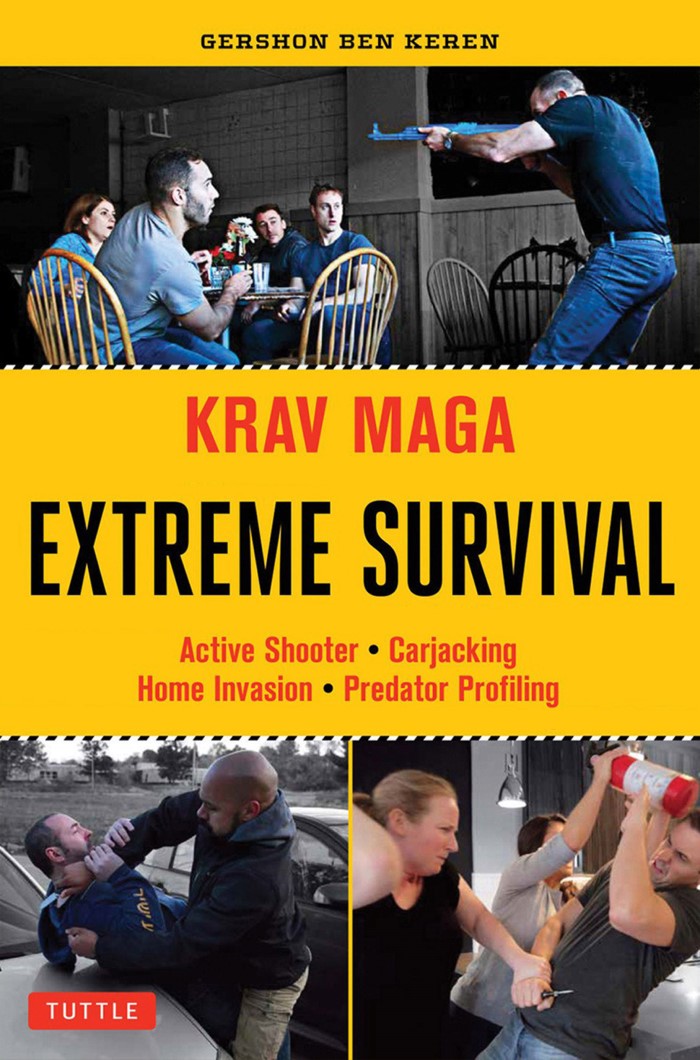Digital Deception Part Two
- Personal Safety
- Mon 24th Apr 2023
Unfortunately, deception rarely takes the form of blatant or outright lies, which could be detected by basic fact checking etc. Also, because we – along with professionals in forensic settings, and law enforcement – process information through the lens of a truth bias, we are not very good at detecting deception. It also appears that those working in law enforcement, as “professional” lie catchers are little better than college students at detecting deception. In short, we are often no better than “chance” at detecting deceit. We may tell ourselves otherwise, and that we know certain “tells”, such as liars avoiding...
READ MORE